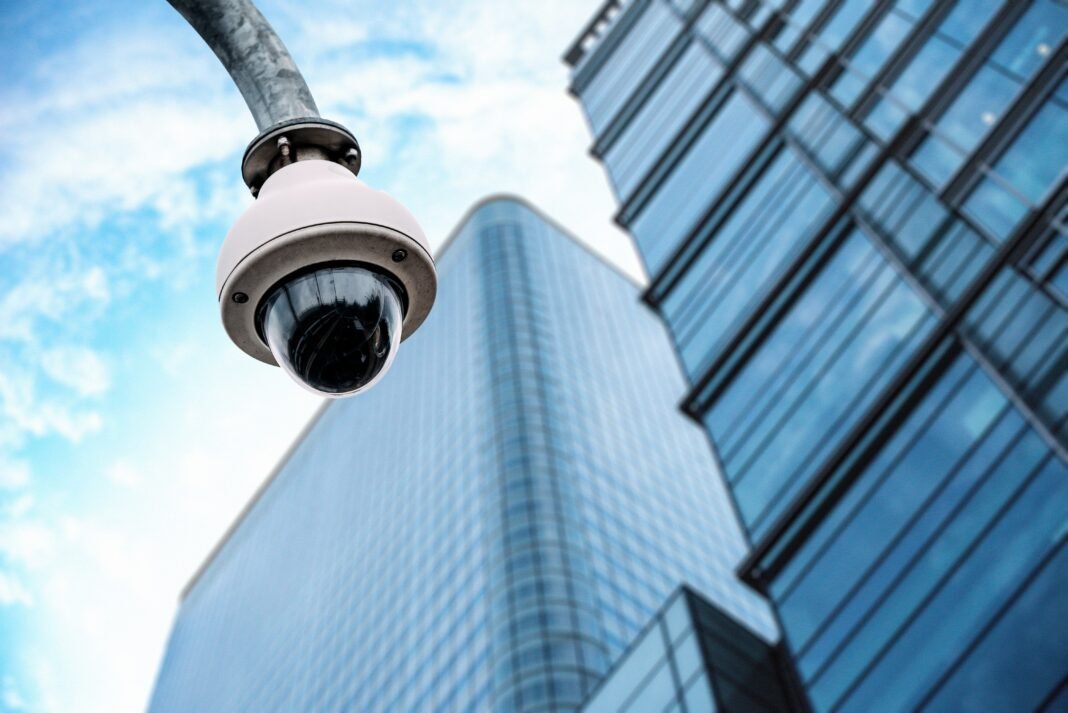The 11 lifeguard stations between Leme and Leblon beaches have been equipped with 22 new surveillance cameras, led by the Federation of Commerce, Services, and Tourism (Fecomércio RJ) to enhance security along the shoreline. In total, Rio’s South Zone beachfront will receive 150 security cameras to support police patrols and investigations of crimes against tourists and residents in the area.
This Content Is Only For Subscribers
To unlock this content, subscribe to INTERLIRA Reports.
First Phase
Completed on October 23, this first phase installed two high-precision cameras at each lifeguard station, covering both asphalt and sand areas, with reach extending to the water’s edge. This is the first time the sand areas will have direct surveillance.
Second Phase
The next phase includes installing 33 cameras in kiosks at Leme and Copacabana and 25 more in Ipanema and Leblon. These cameras will monitor the boardwalk, sand, and water’s edge. By mid-November, in time for the high tourist season—summer and New Year’s—the system should be fully operational. The work, which began at Mureta do Leme, involves installing cameras in four kiosks daily, from Monday to Saturday. The project also plans for cameras in 22 hotels and 28 restaurants from Leme to Posto 6 in Copacabana.
Monitoring Centers
Later this year, the Copacabana and Leblon Military Police battalions (19th and 23rd BPMs) will have monitoring centers and upgraded control rooms. In additional phases, more cameras will be installed along major access roads to the beachfront.
CICC
The cameras will transmit images to the Integrated Command and Control Center (CICC), which already connects to public and private cameras across the state, as well as to the two monitoring centers at the 19th and 23rd BPMs. The initiative may later expand to Barra da Tijuca. With artificial intelligence, this technology will help police with facial recognition of individuals with outstanding warrants and identify stolen vehicle plates.
Partnership
This initiative is part of a partnership between Fecomércio RJ and Orla Rio, the company that manages beachfront kiosks. Formalized in September during a meeting of Fecomércio’s Tourism Council, which includes public agencies and entities in the tourism sector, the cooperation agreement aims to boost commerce, tourism, and business activities in the area.
Analysis:
The installation of security cameras along the South Zone coastline in Rio, led by Fecomércio RJ, represents a significant step forward for public security, enhancing protection for both residents and tourists. Equipping lifeguard stations with high-precision cameras, covering areas from the asphalt to the water’s edge, expands surveillance reach and enables a swift response from police forces, while also deterring criminal activity. By integrating these cameras with the Integrated Command and Control Center (CICC) and establishing dedicated monitoring centers within the Copacabana and Leblon police stations, the project allows for more targeted and effective police action, especially during high-traffic periods like summer and New Year’s.
This initiative also highlights the potential of public-private partnerships in addressing public security challenges. Transmitting footage to the CICC and using artificial intelligence for facial recognition and stolen vehicle plate identification elevates crime prevention and adds an innovative aspect to policing. Expanding this project to other parts of Rio, such as Barra da Tijuca, will be an essential next step, though it will be crucial to continuously assess and improve the initiative to ensure its effectiveness.




